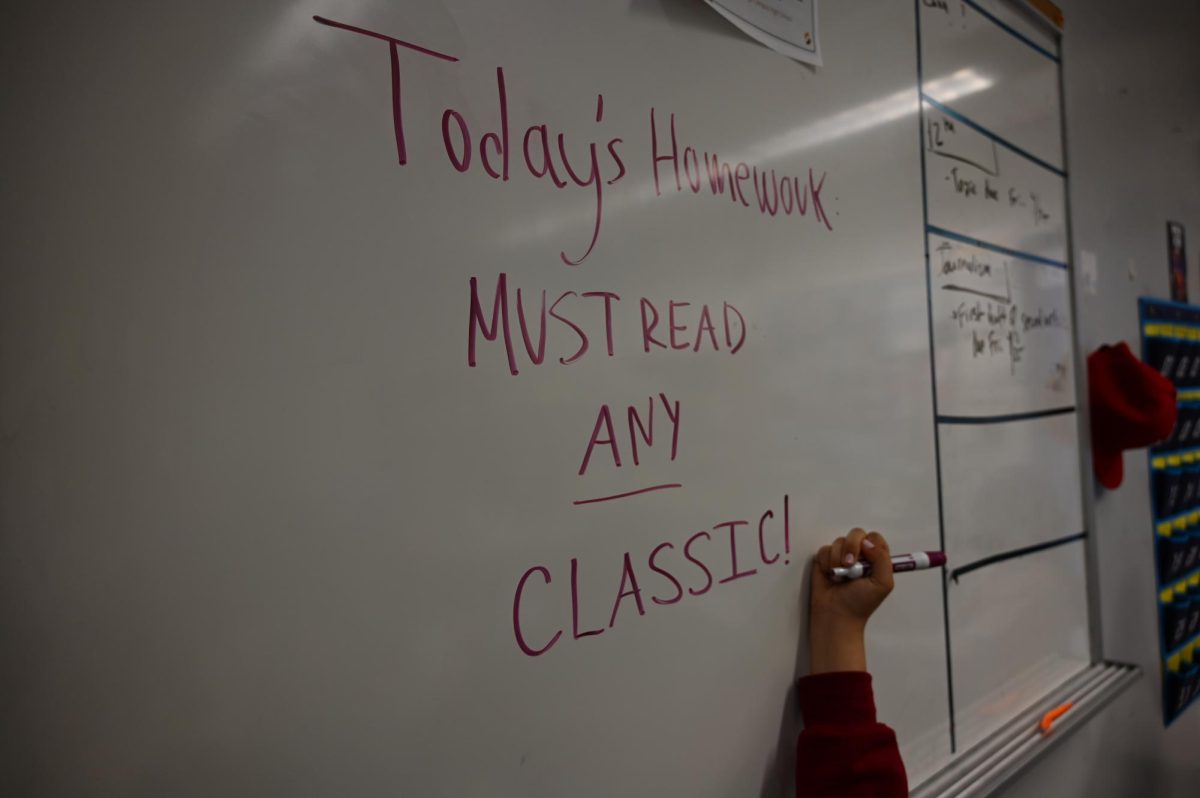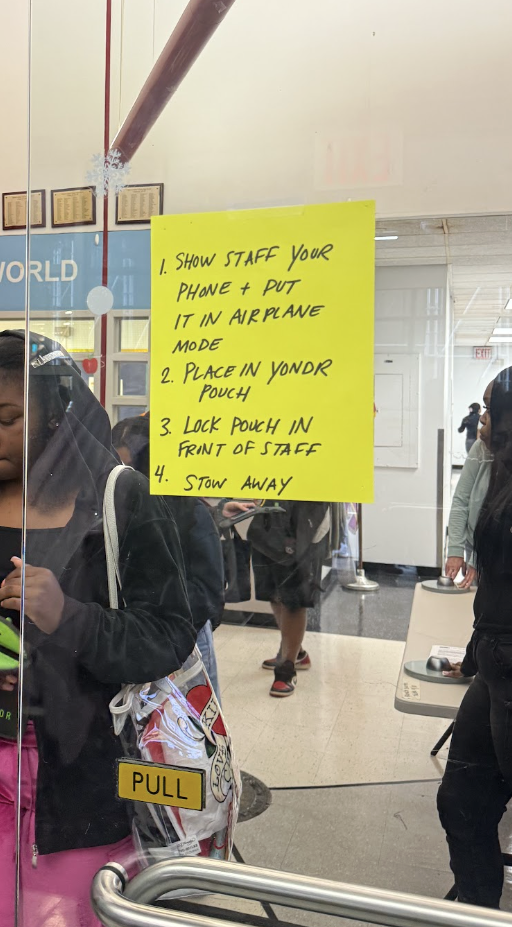It is not surprising that high school students in New York City are highly competitive. Baruch being ranked #20 in New York Public Schools is no easy feat and the student roster reflects that. According to Veronica Raggi, Ph. D., “many of today’s teenage overachievers fall into the category of “maladaptive perfectionists,” students who—combined with the pressure and expectations outside the classroom—learn to fear failure intrinsically while setting high expectations and unachievable goals,” wrote Nimrah Khan from The Cat’s Eye.
Living in a fast-paced city where the survival-of-the-fittest mentality is dominant, would naturally impact the school culture and further affect students well into adulthood.
Essentially, students are expected to be on the college preparatory path from birth, having all career aspirations figured out before receiving a diploma. Naturally, this immense pressure is not conducive to a serene classroom culture. So what is fostered? Competition.
When asked what motivates students to excel academically, Junior Nusibazaman Momo said, “I don’t believe in motivation anymore as I believe it’s a very flawed concept and not the best way to achieve success. I believe in discipline and I’m trying to build discourse over time in order to excel academically.”
Some believe that the demands of academic success are embedded in their environment, while others can maintain balance through rigorous routines.
When considering the roots of overachieving culture in schools, opinions greatly vary. Some believe that the high expectations set by teachers or the competitive peer environment lead to said culture, but others believe the pressure starts at home.
Junior, Aviel Urilov said, “I would say parents just because teachers are here to teach but parents are the ones consistently looking over your grades and making sure that you’re keeping up with their exceptions; they’re the ones enforcing the expectations set for you.”
The already demanding atmosphere of the school is made much more difficult by the impact of familial expectations. Meeting these standards often calls for students to balance a heavy workload of extracurricular activities, schoolwork and personal responsibilities. Since there is minimal margin for mistakes or downtime due to the pressure to do well, students’ approaches to this balancing act might differ significantly.
Junior Alexander X Dong has a unique philosophy on the matter. Dong said, “If you see everything as your daily task and parts of your daily routine, then you won’t find it difficult to keep track of.”
Yet, what happens if none of those routines work? What happens when the planning, expectations and discipline don’t add up to success? Receiving a mediocre grade, like a 60, affects not only a student’s academic records but also their sense of self-worth. Admitting that you’ve failed at anything might seem hard in such a competitive setting.
So then, how could you then tell your friends that you got a 60? The answer is difficult. Some students hide their grades out of fear of being scrutinized by their seemingly “flawless” peers. Others try to minimize what may feel like a major failure by dismissing it with self-deprecating jokes. However, more people need to reframe the experience.
Perspective is the first step in reframing. A 60 is an indication, not a final verdict, and it’s helpful to view it as an opportunity for growth rather than a turn for the worst in one’s academic career. Seriously ask yourself, where did I go wrong? Was it a terrible day, a lack of preparation or a misunderstanding of the subject? Finding the underlying cause will allow you to stop obsessing about the error itself and concentrate on doing better.
Next, it is imperative to keep in mind that everyone has failed before. Although your friends may not openly admit their failures, it is likely that they have also had challenges in the very same classes. By talking about your experience instead of keeping it to yourself, you can normalize failure-related conversations.
Lastly, reframing entails changing the story from one of struggle to one of perseverance. Reframe the situation as an opportunity to improve and bounce back, rather than thinking, “I’m a loser because I got a 60.” It takes time to develop this mindset, but it is priceless in the pursuit of academic success. Instead of rewarding perfection, reward progress.
A 60 does not indicate that you’re doomed to fail, and growth is not linear. It merely suggests that you are a human being, and your capacity to continue and learn from failures is a lesson that is much more valuable than any grade you will ever get.














